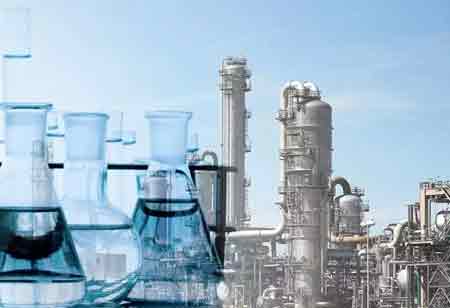The petrochemical industry plays a key role in the global economy, with its products being used in almost every aspect of modern life.
FREMONT, CA: Petrochemicals, often called the backbone of the chemical industry, are organic compounds derived from petroleum or natural gas. These compounds are the building blocks for many products, including plastics, synthetic fibers, rubber, fertilizers, etc. As such, petrochemicals play a significant role in the global economy, with the industry projected to grow even more in the coming years.
The petrochemical industry produces various products through various processes, including cracking, distillation, and reforming. The processes aim to separate crude oil into its constituent parts, such as ethylene, propylene, and butadiene, which are then used as feedstocks for producing other chemicals. In addition to crude oil, natural gas is also an essential feedstock for the petrochemical industry, with methane being converted into methanol, a key building block for many chemicals.
The global petrochemical industry has seen tremendous growth over the years, driven by increasing demand for products derived from petrochemicals. The Asia-Pacific region is the greatest consumer of petrochemicals, with China being the largest market, followed by India. This demand is expected to grow, driven by increased population, urbanization, and rising living standards.
However, the industry faces significant environmental concerns and volatile crude oil prices. The production of petrochemicals requires vast amounts of energy, and the resulting emissions contribute to climate change. The industry is under growing pressure to lessen its carbon footprint and adopt more sustainable practices. This has led to a shift towards bio-based feedstocks and recycling of plastics, which can reduce greenhouse gas emissions and conserve natural resources.
Moreover, the industry has to contend with the unpredictable nature of crude oil prices, which can significantly impact petrochemical production costs. Companies must manage their costs effectively to remain competitive, which can be achieved through advanced technologies and process optimization. Petrochemical companies must also stay agile and adapt to changing market requirements by investing in research and development and exploring new markets and products.
In conclusion, the petrochemical industry plays a critical role in the global economy, with its products being used in almost every aspect of modern life. The industry's growth prospects remain strong, driven by increasing demand for petrochemical products. However, the industry faces significant environmental concerns and volatile crude oil prices. To remain competitive and sustainable, companies must invest in research and development, adopt advanced technologies, and explore new markets and products.

